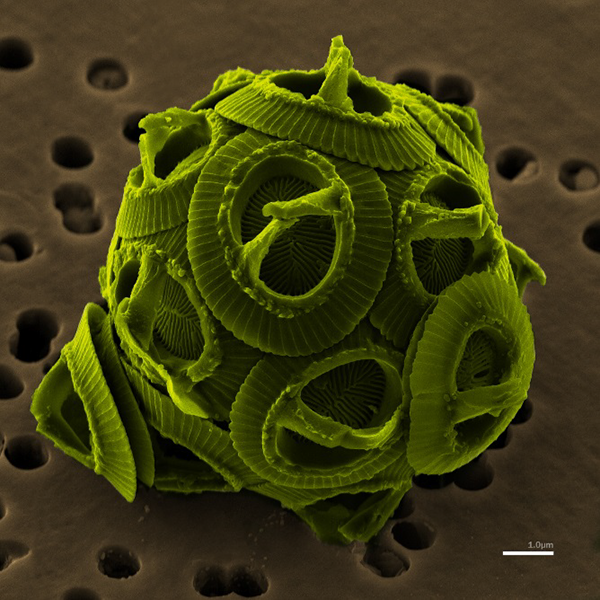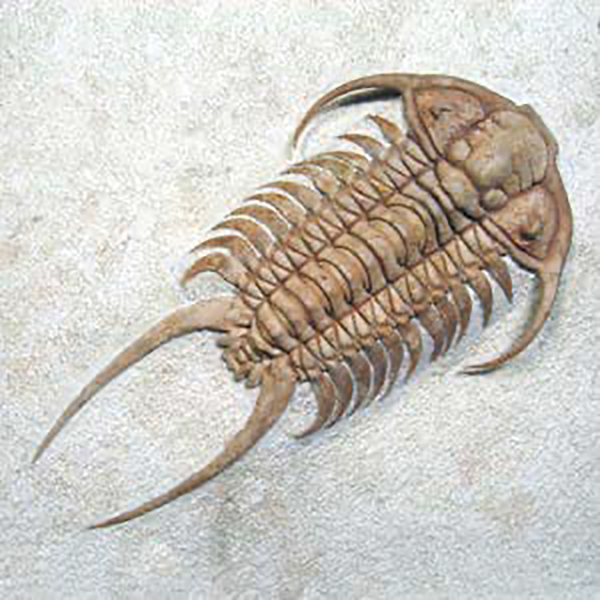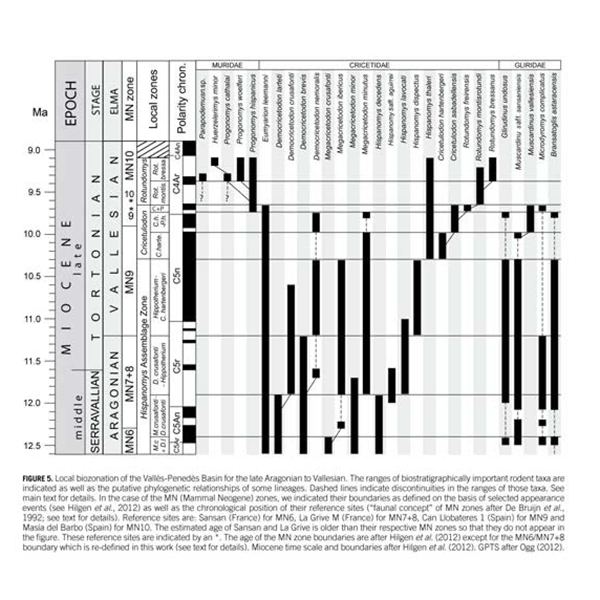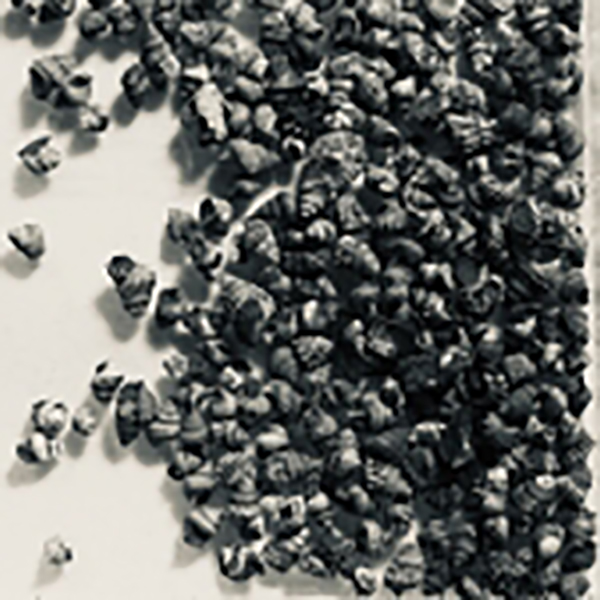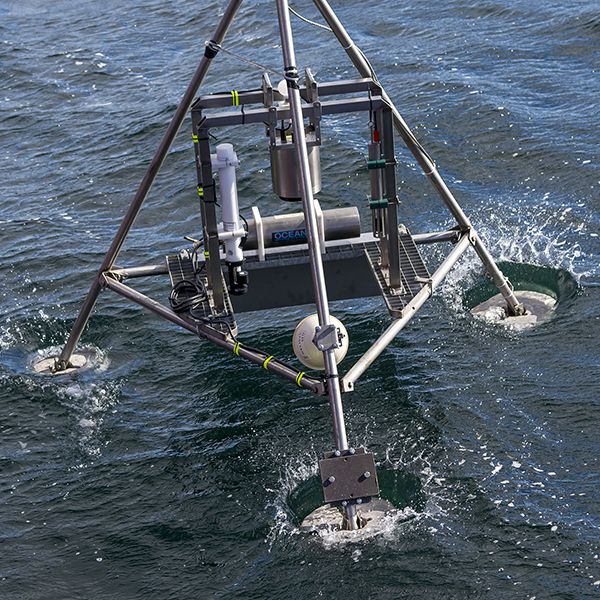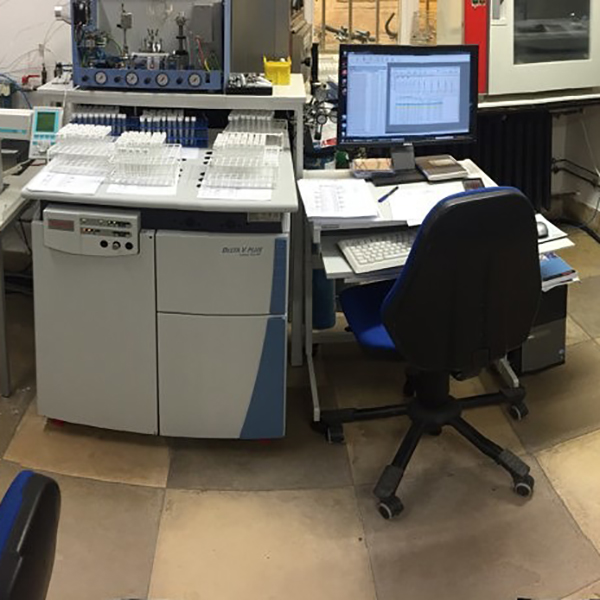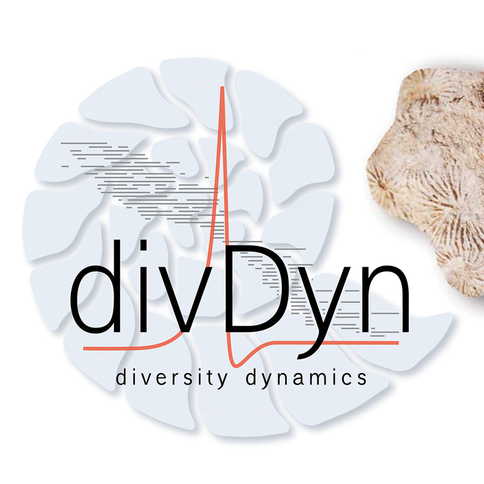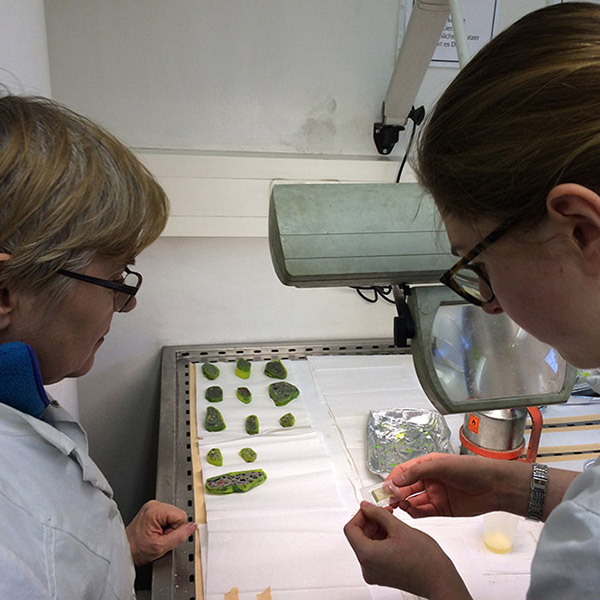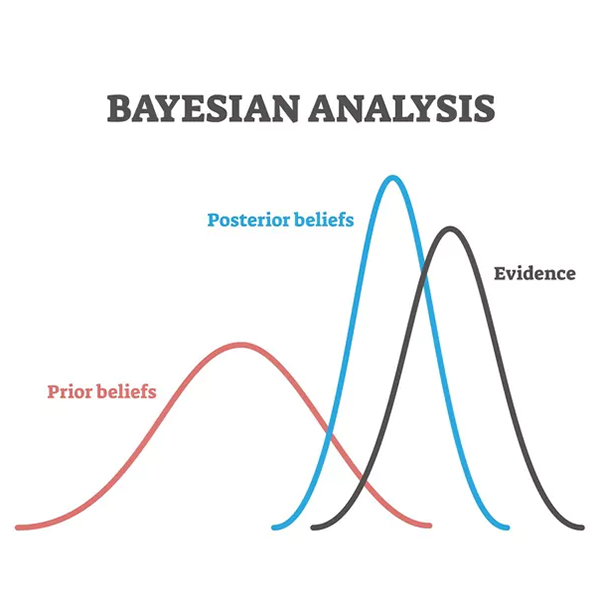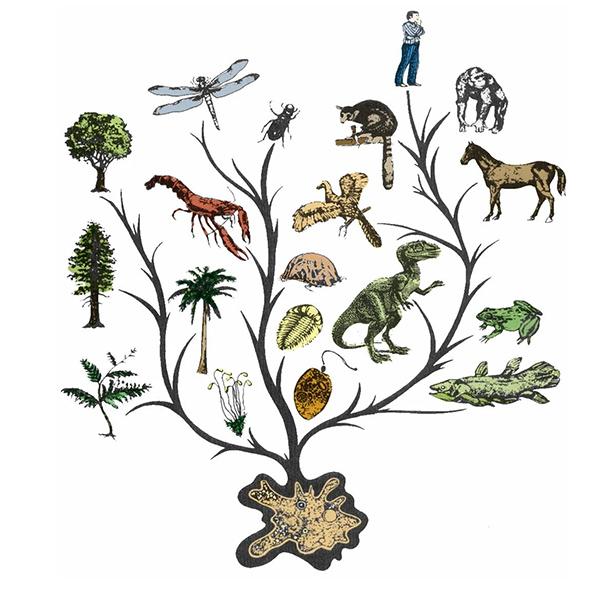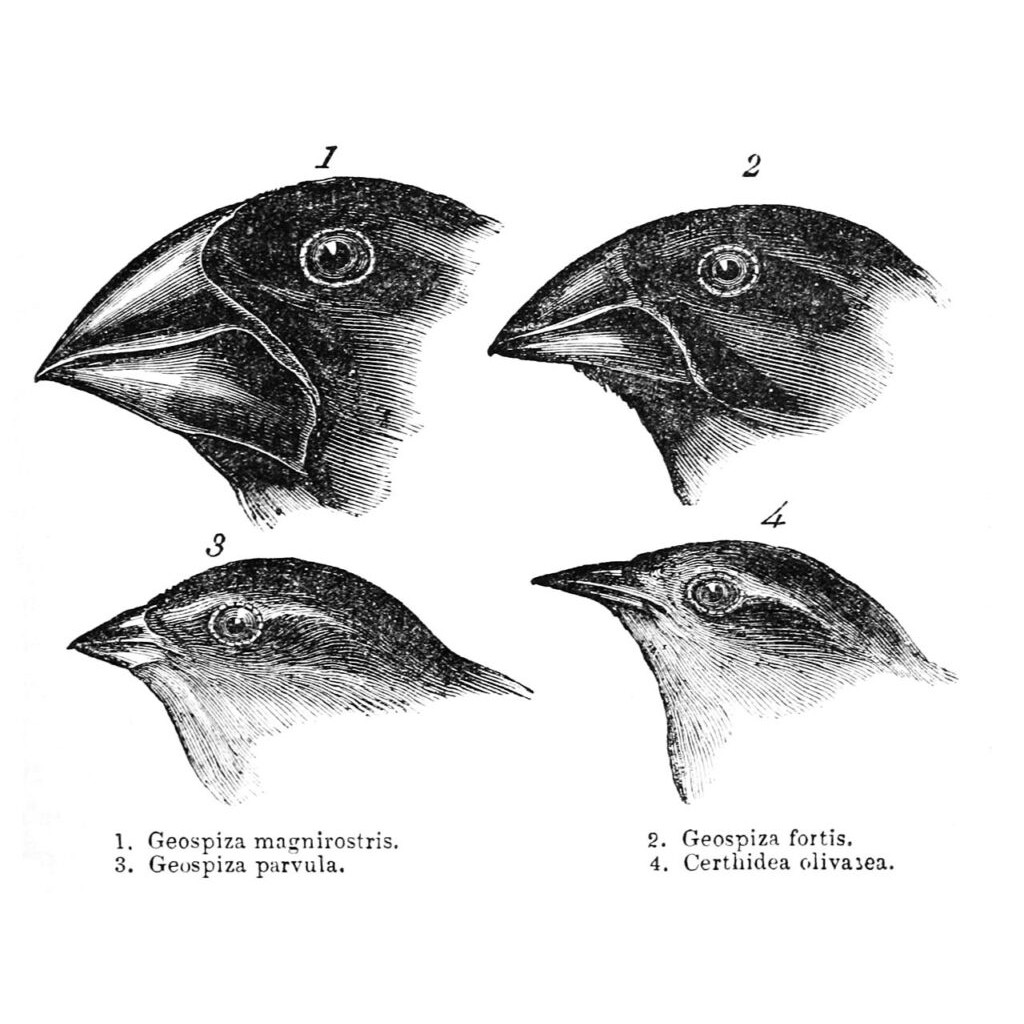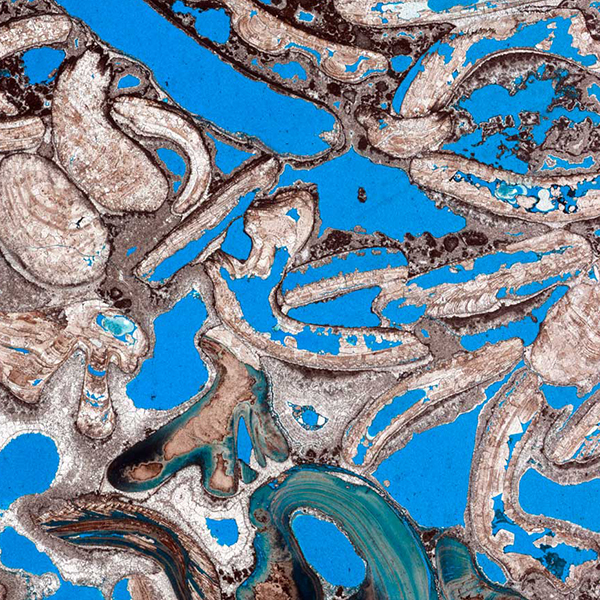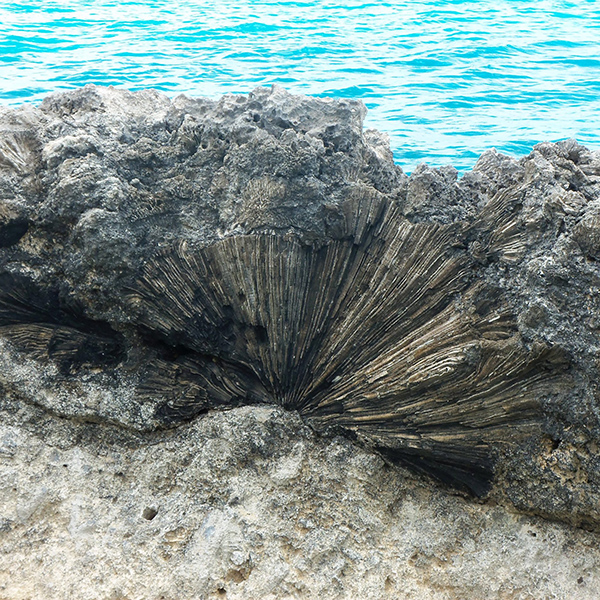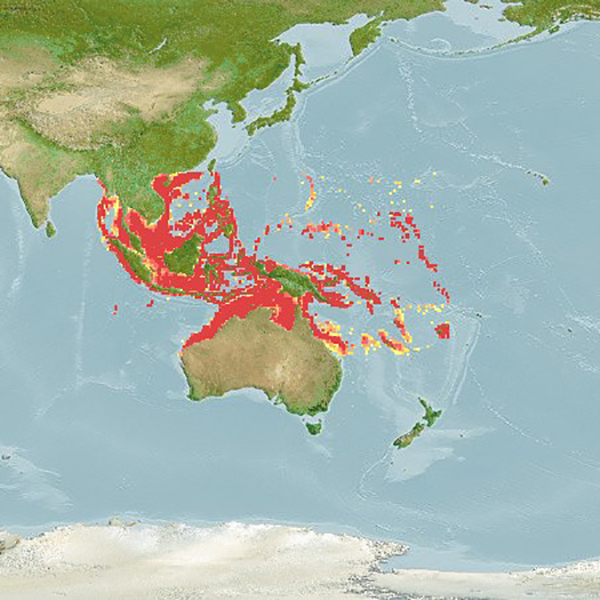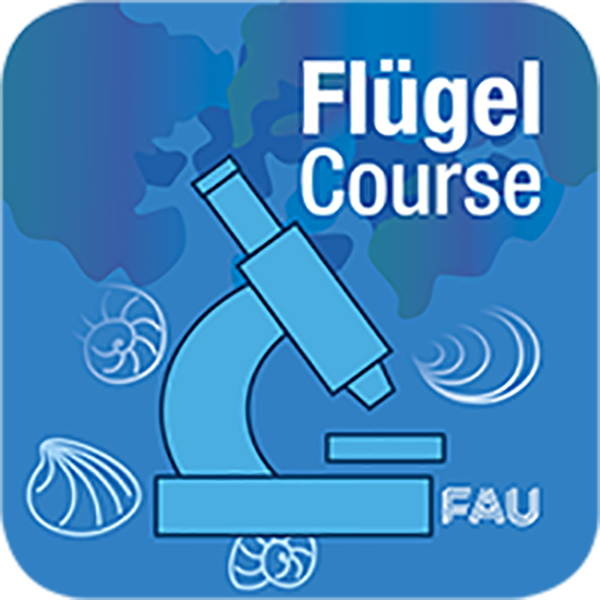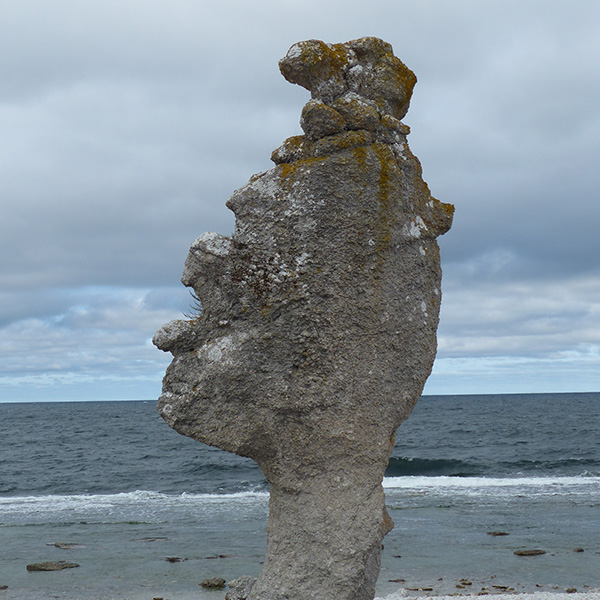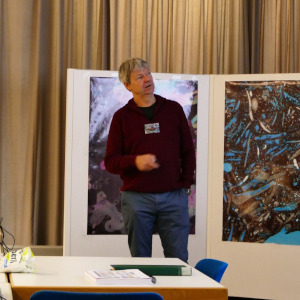Courses
The program is divided into 4 semesters, each equating to 30 ECTS. For the first 3 semesters, students take prescribed regular courses (see below), and the final (4th) semester is dedicated to the Masters thesis. In addition to the regular courses, students will take supplementary courses (see below), which include field excursions and block courses on a range of topics.
For an more detailed overview of the program, see the program outline.
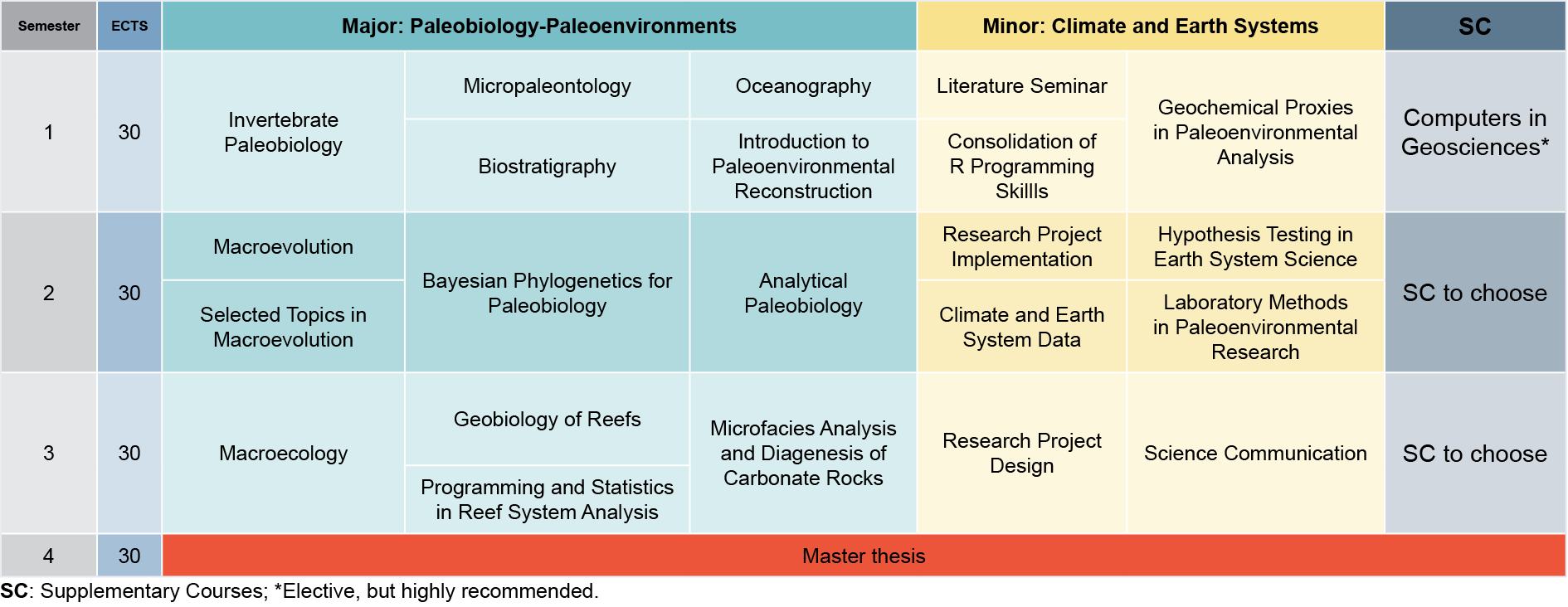
Regular courses
Regular courses include lectures and seminars on a variety of core topics. Most regular courses take place during the main teaching semesters, but some courses are held as whole-day block courses to make the work more focused.
1st semester
winter (October-February)
Before the first semester: Before the start of the semester, new students will participate in the Computers in geosciences course in preparation for the strong computational focus of this program
In the first or third semester, the ‘Tracers, isotopes and natural attenuation’ course can also be taken, altough that is held mostly in German.
2nd semester
summer (April-July)
3rd semester
winter (October-February)
Note that this is a recommended order and there might be changes given individual progress.
Supplementary courses
In addition to the regular courses, students will need to earn 15 ECTS through supplementary courses. Generally, supplementary courses are equal to 5 ECTS each. At least 10 ECTS will need to be earned through Key Qualification (Schlüßelqualifikation) courses, and 5 from interdisciplinary elective (Überfachliches Wahlmodul/Wahlpflicht) courses. Staff will be on hand to provide advice and assistance with these modules.
In general, students are expected to find and eligible courses and collect the necessary ECTS points on their own. The example courses below are delivered through English. For students who are fluent in English, additional supplementary courses that are delivered through German can be found here.

